Today we wanted to offer some observations and reflections from the Philippines. We've talked about beaches, snorkelling, fishing, restaurants and things like that, but now we thought we'd talk about some more everyday things that we come across and reflect on.
Table of contents
Some observations from our trip in the Philippines
When travelling, it is interesting to experience nature, sights, food and tourist attractions, but it is often just as exciting to learn about the local culture - and sometimes compare and reflect on your own life at home.
Here we list some things that we find different from Sweden and Europe. Please note that these are our personal experiences and observations, mostly from the island. Malapascua. Some things may be different in other parts of the Philippines, or experienced differently by other people.
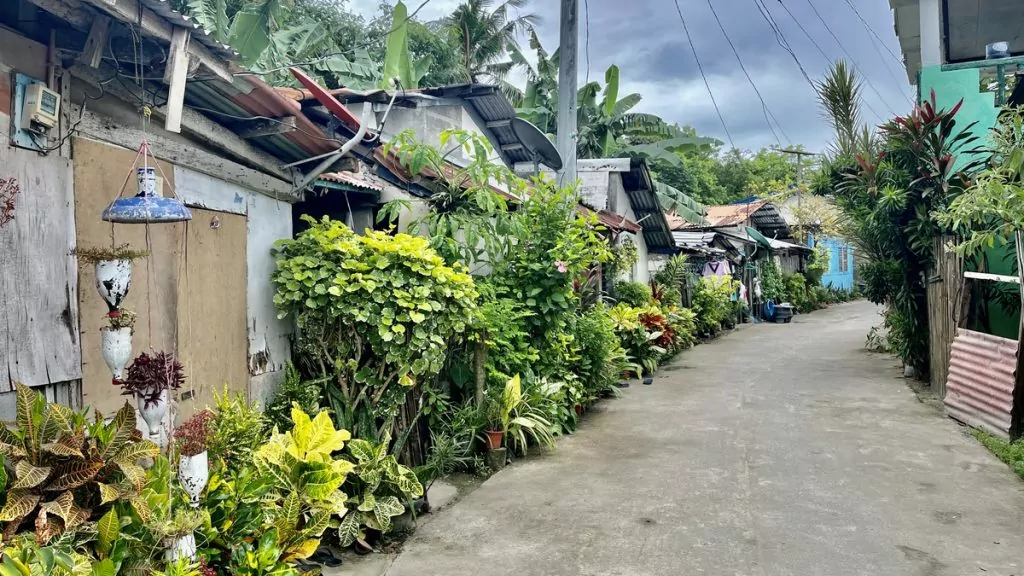
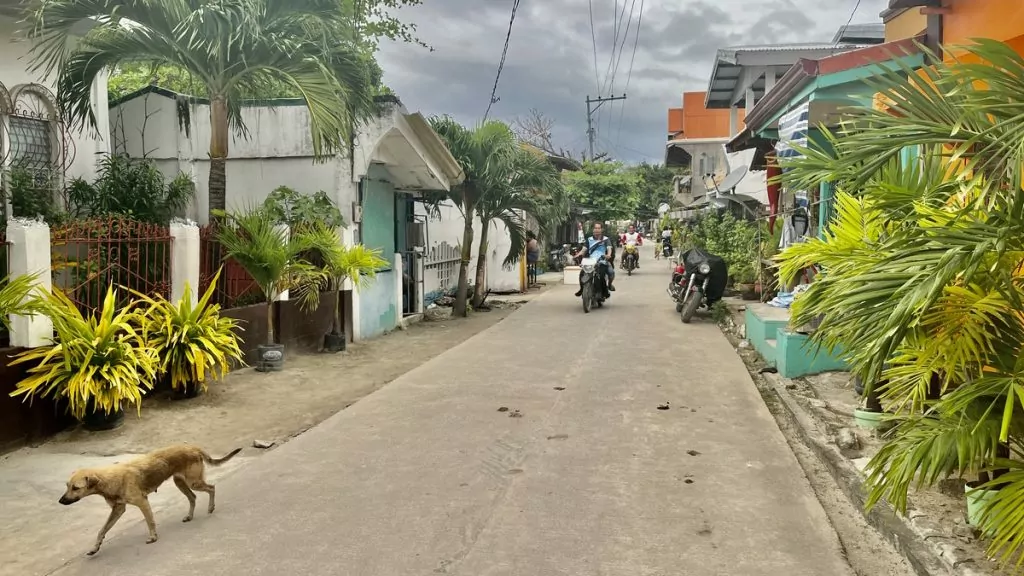
1. everything is sold in small portion bags
One interesting thing we noticed in the Philippines is that "everything" is sold in small portion bags. We have heard that Americans find it funny that we in Sweden sell food (caviar, soft cheese, mustard, mayonnaise, tomato paste and so on) in tubes. Here in the Philippines it is our turn to react to the fact that a lot of food is sold in small portion bags.
It doesn't matter whether we are looking for shampoo, detergent, toothpaste, coffee, iced tea, hot chocolate, soups, broth or sweets. Most things are for sale in small portion bags, which hang in long rows so you can tear off as many bags as you want.
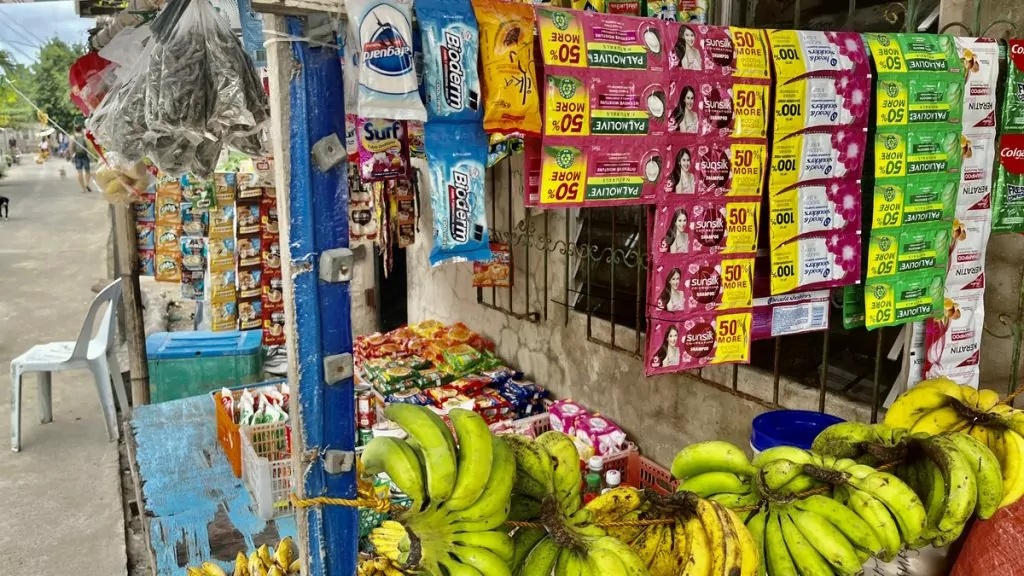
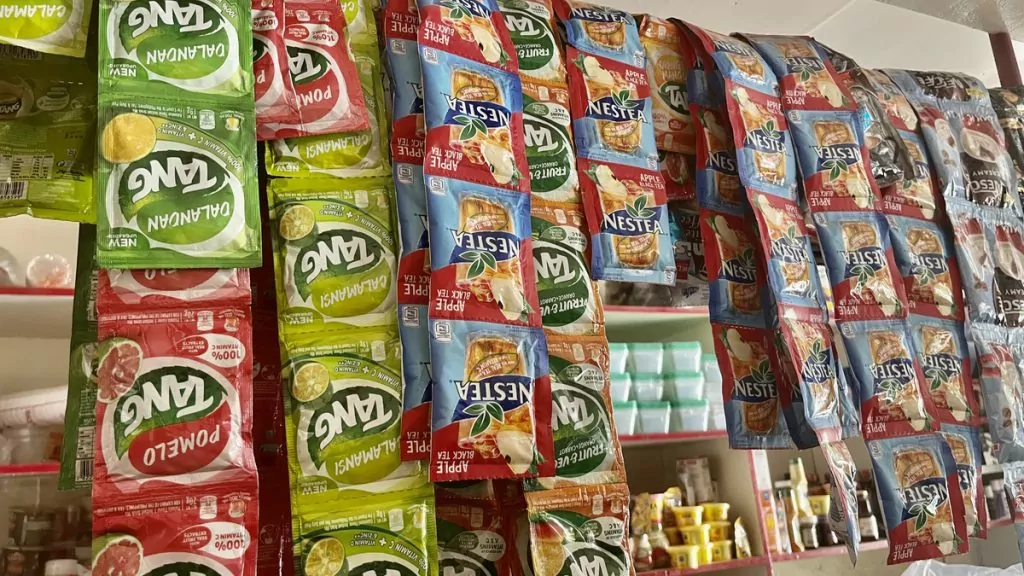
2. Everything can be bought individually
Are you used to buying a whole box of Advil or a whole packet of cigarettes (if you are a smoker, of course)? Here, as in many other countries in the world, it is common to purchase and a headache tablet, or and cigarette. You simply buy what you need, just when you need it. There are signs outside the shops indicating the price of a cigarette, and when you want medicine, they open the packet and ask you how many tablets you want to buy.
In Sweden, we tend to think that people who are financially strapped want to buy cheap big packs and the like, but this is only possible if you have enough money to plan far ahead. If finances are even more limited, it may be easier to buy a cigarette or an alvedon.
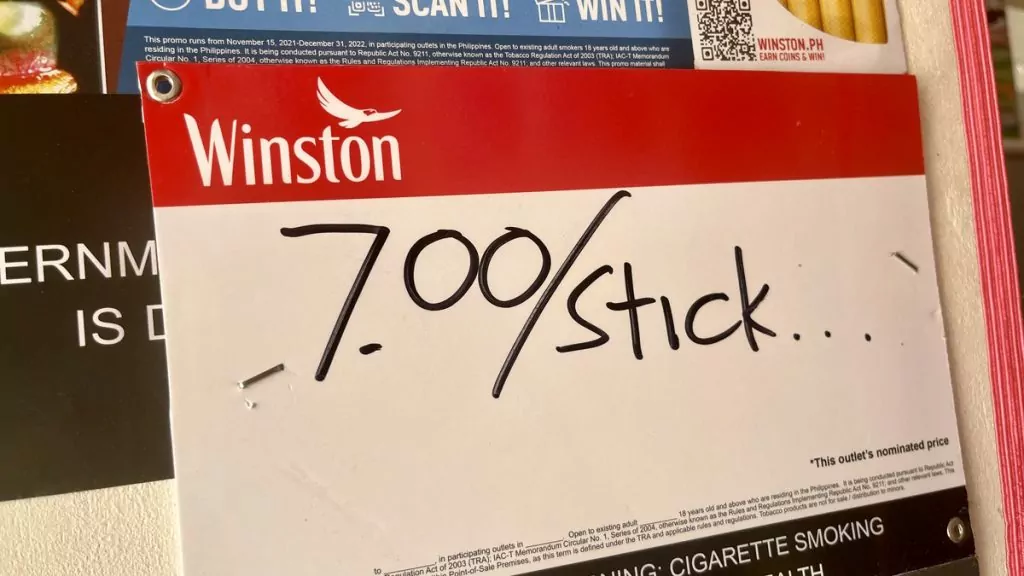
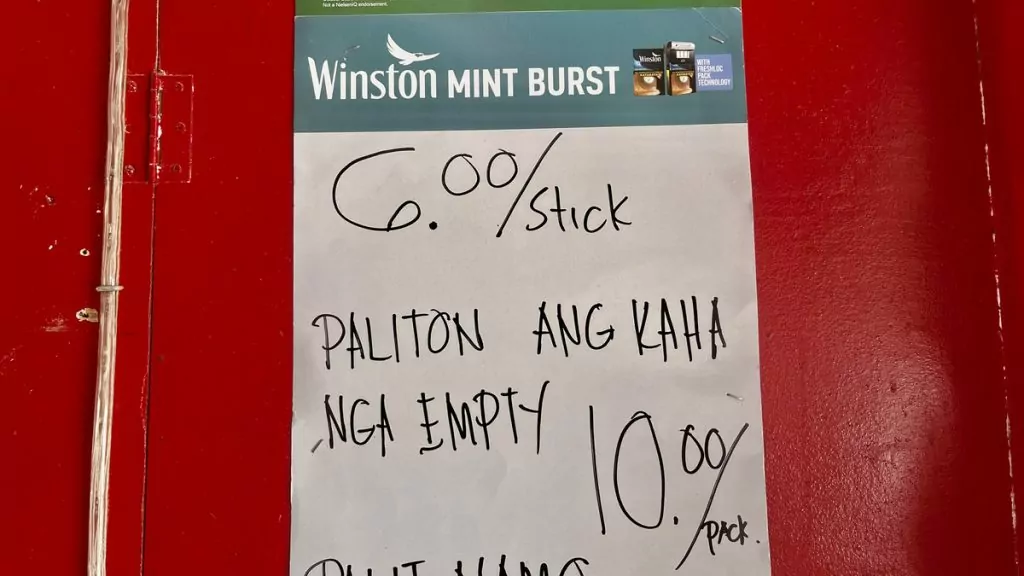
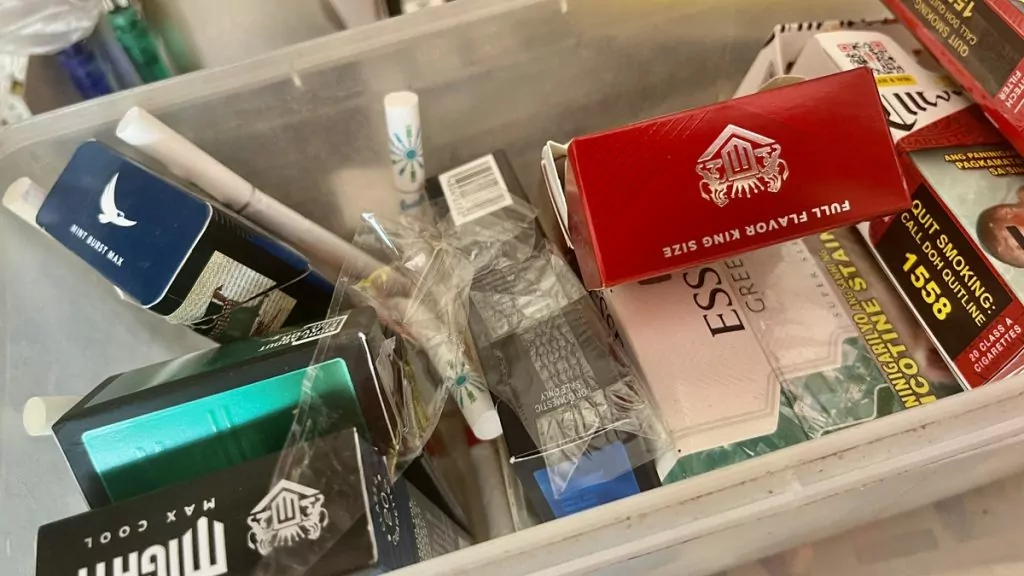
3. Many people live simply - and socialise outdoors
By Swedish standards, many people live simply here on the island of Malapascua. Many small houses have corrugated iron walls and toilets are sometimes flushed by scooping water from a bucket. At the same time, people here mainly live outdoors, working and socialising together, so they don't spend time indoors like we do in Europe.
When we visit the local villages, the atmosphere is usually good and people greet each other cheerfully - especially the children who are keen to practise their English. However, we can imagine that the terrible typhoons that pass by can sometimes be frightening, and we've heard that some people wait out the worst storms with helmets on their heads.
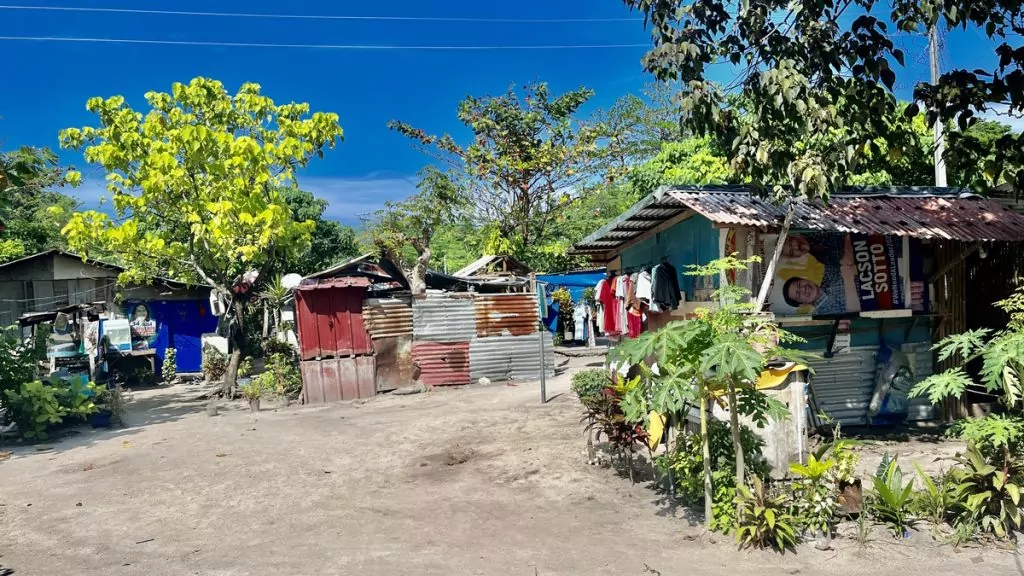
In many other ways, people here live in ways that resemble our Western way of life. Most people seem to have smartphones - often modern ones - and social media is widely used.
As a temporary visitor, it is of course difficult to familiarise yourself with all aspects of life for the local population and the challenges they face. At the same time, you can't help but reflect on whether we in the West have perhaps gone a little too far in the other direction. Do we really need everything we imagine we need?
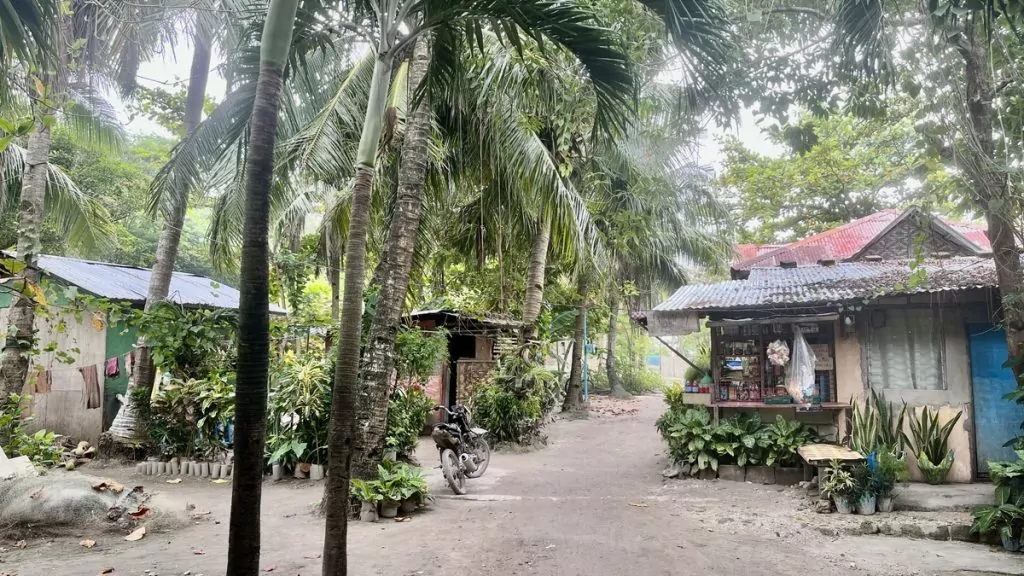
4. philippines love reef
In the Philippines love you eat rice. They like to eat rice in the morning, at lunch and at dinner. Often, Filipino families will put on a large pot of rice in the morning, so that they then have rice all day. Of course, rice is affordable and filling, but the Filipinos also seem to genuinely love their rice.
For example, it is not uncommon to want rice with your noodles. There are also restaurants that offer 'unlimited rice', which means you can add as much rice as you like with your chicken or pork, and these restaurants are extremely popular.
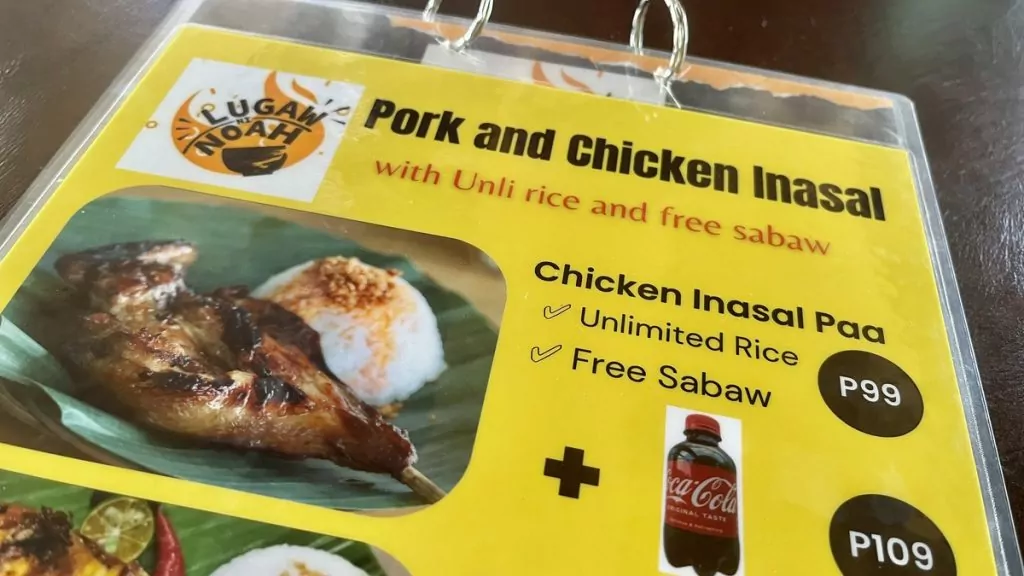
5. Shower hose by the toilet helps save paper
In some contexts we imagine that we in the West are better at working for the environment and sustainability, but in other contexts Asia is definitely better. The shower hose at the toilet is both hygienic and helps to save paper.
In 'intermediate' sites, there is a shower hose but no paper. In the most basic sites, there is only a bucket of water and a scoop. In the better standard sites, there is both a shower hose and toilet paper.
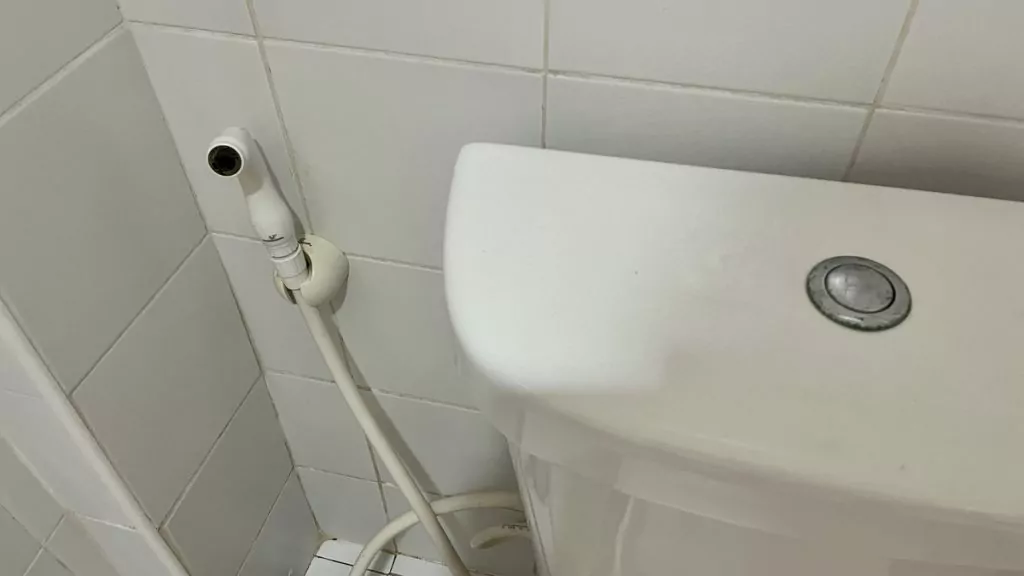
6. you are good at reusing products
We do not know much about how waste management and recycling work here, but we can see that many products are reused instead of being thrown away. There is of course an economic aspect to this, but it also means that less is thrown away. For example, it is common for plastic cans to be used as bases for parasols or as flower pots.
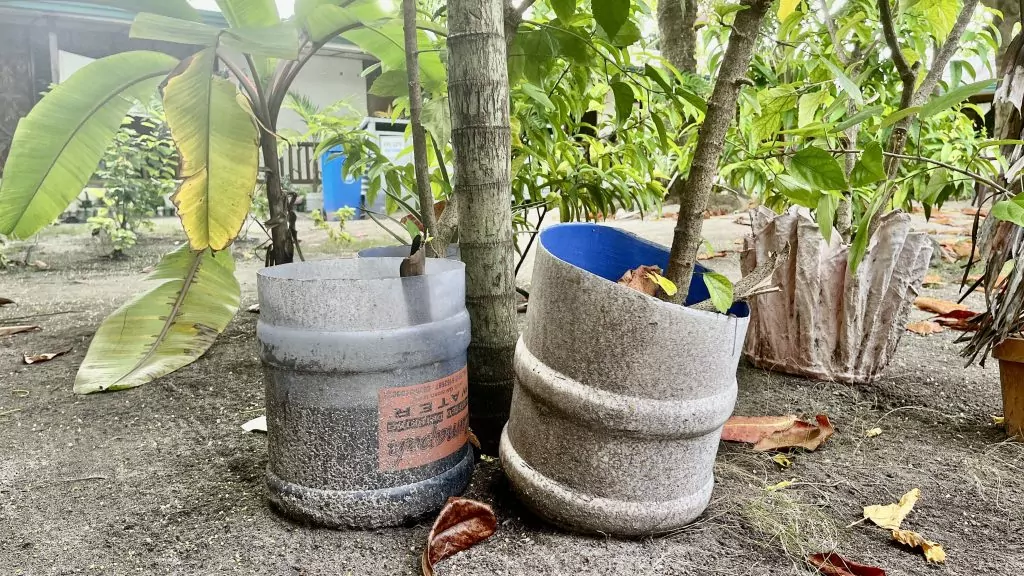
Another image I'd like to share in this context is a painting from the wall here in Malapascua, showing how turtles can mistake plastic bags for jellyfish, which are part of their diet. A sad but important image, reminding us all that plastic has no place in nature!
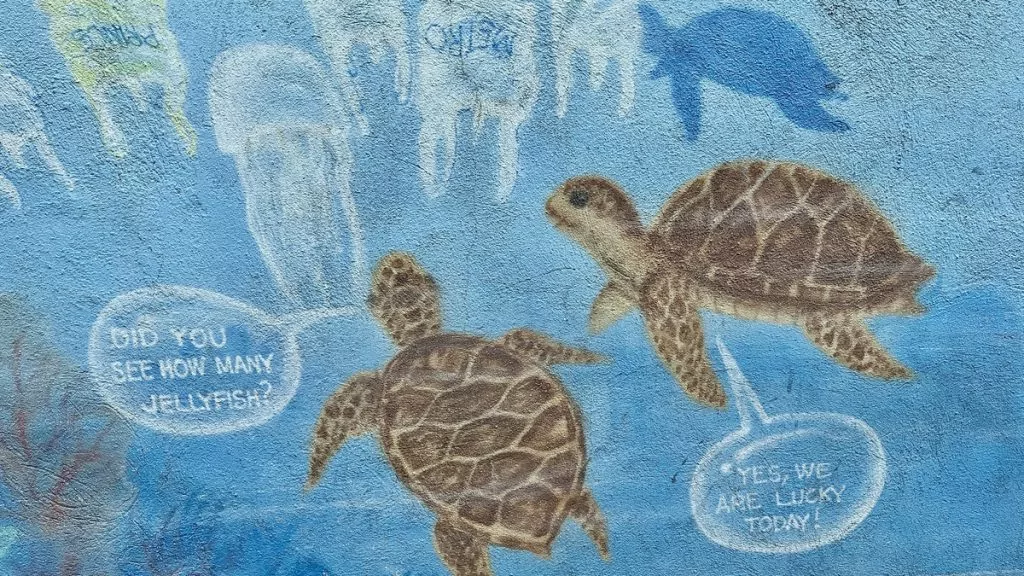
7. In the countryside there is a constant cacophony of dogs, roosters and geckos.
It may be different in the big cities, but here on a small island you can hear the sound of a constant cacophony of dogs barking and roosters crowing. Every now and then a gecko joins in with its high-pitched "ge-ko" sound (yes, that's where the lizard gets its name).
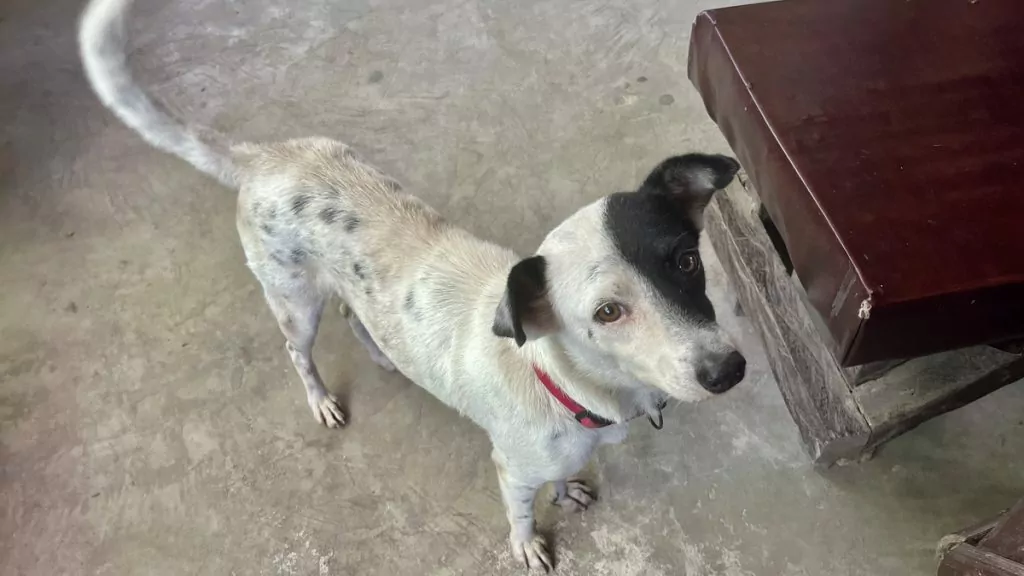
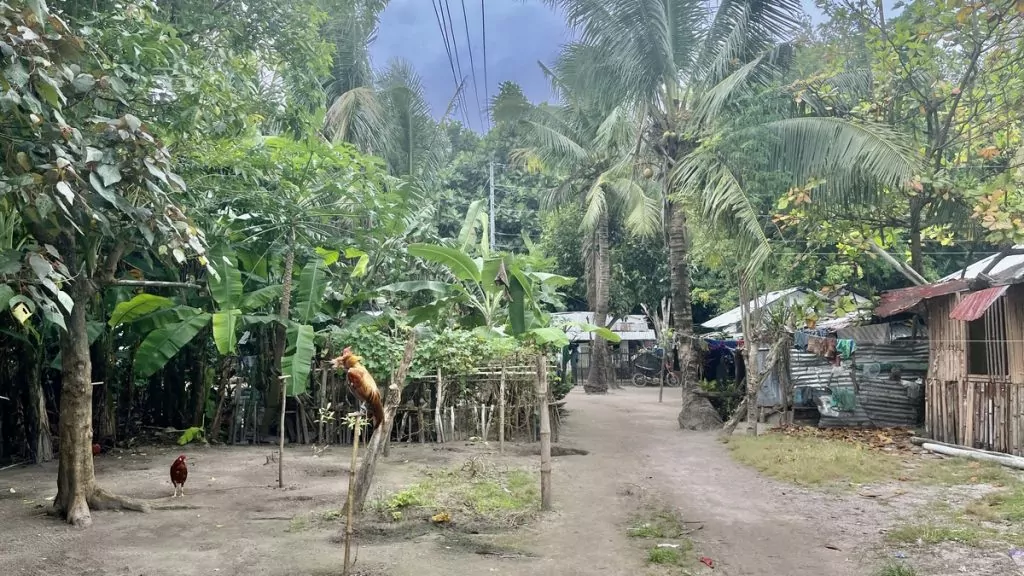
8. Karaoke is immensely popular.
It's not just dogs and roosters that are heard. More often than not, both of these animals are drowned out by loud karaoke blaring from every other bar. The Philippines loves karaoke and there are big karaoke machines everywhere. You can even find them in the most humble of homes. It seems that a karaoke machine is high on many people's list of priorities.
What times does the karaoke song resound across the countryside? We would say exactly all times. Sometimes we are woken up at 7 o'clock in the morning by someone singing karaoke at full volume (although by then the roosters have been crowing since 5 o'clock).
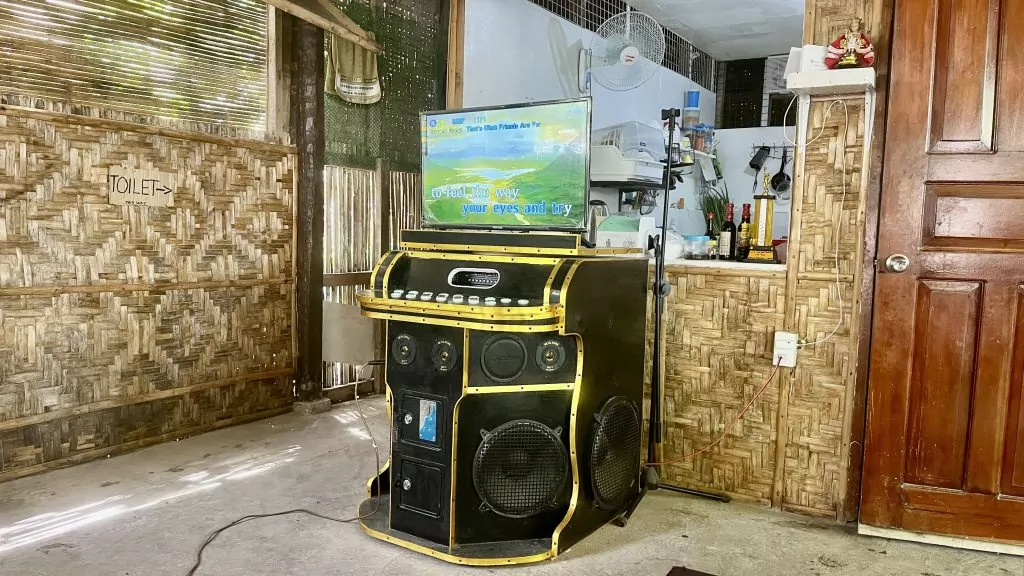
9. Wounds heal slowly - and you can look for medicine in nature
One thing we learnt "the hard way" is that wounds heal slowly in this climate. Both Peter and Micke had small wounds on their feet at the beginning of their stay, which only got bigger and worse every day, requiring lots of washing, plastering and care to finally get better.
We have bought wound wash and other things in the pharmacies here, but if you ask the locals, you can also get tips on nature's pharmacies. For example, aloe vera and a plant called hagonoy, which is believed to have wound healing properties, grow here.
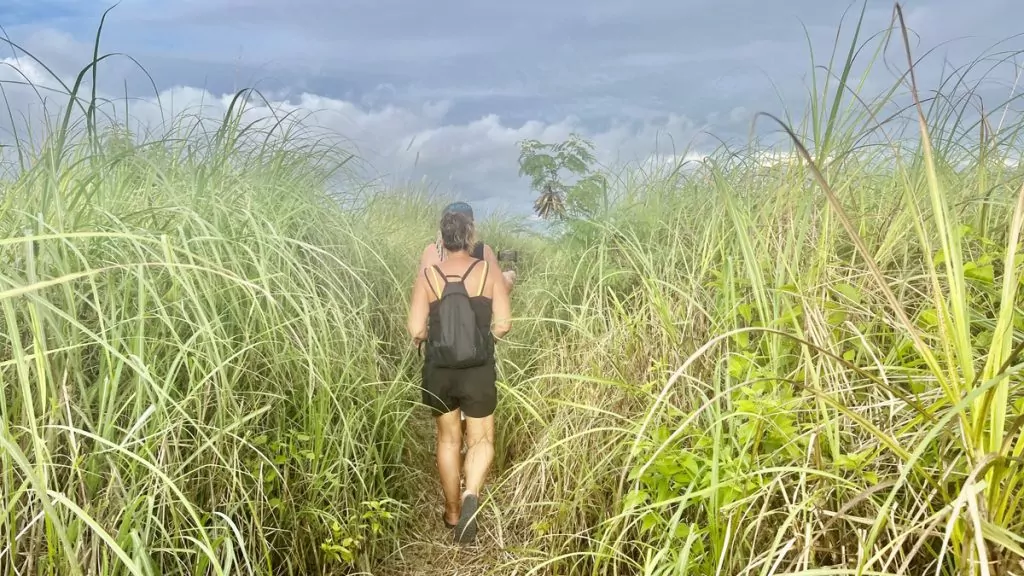
Do you also make observations and reflections while travelling?
Do you also make observations and reflections when travelling in other countries and cultures? Have your travelling experiences influenced how you view life at home?
Boat trips in El Nido - fabulous islands in Palawan, Philippines
When visiting Palawan in the Philippines, you don't want to miss out on boat trips in El Nido....
Islands in the Philippines - these 30 we've visited
There are many, many islands in the Philippines. The whole country is made up of larger and smaller islands and...
Facts about the Philippines - 30 things you (maybe) didn't know
Facts about the Philippines! More than 8 million tourists visit this beautiful country every year, and we are one of...
Apid Island in the Philippines - a small island where few tourists find it
The island of Apid is one of four Philippine islands known collectively as the "Cuatro Islas", i.e....
Tabango on Leyte Island - island hopping in the Philippines
Tabango is a small town in the Philippines located on the island of Leyte. This was our first...
Bounty Beach in Malapascua - lovely beach in the Philippines
Bounty Beach is a beautiful beach on the island of Malapascua in the Philippines, and also the most...
Journey from Coron to Boracay in the Philippines - 3 boats and 1 bus.
Travelling from Coron to Boracay in the Philippines! Today we are not going to tell you about all the beautiful...
Pandanon Island in the Philippines - village and dreamy beaches
The island of Pandanon in the Philippines is a small island with a village at one end and a...
Manila in the Philippines - exciting city despite bad reputation
Manila in the Philippines is a capital city where many people land by plane, only to travel on...
Departure with Dotche - now the boat trip in the Philippines begins
It's finally time for the departure of the boat Dotche, which means that we start our...
Atremaru Jungle Retreat - eco-resort on Palawan in the Philippines
Atremaru Jungle Retreat is an eco-resort on Palawan Island in the Philippines. Here you live in the centre of...
Philippine ghost animal - 2 places to see them on Bohol Island
The Philippine ghost animal, or tarsier as they are called in English, is a tiny animal with enormous...
Himokilan Island in the Philippines - cave and encounters with the locals
The island of Himokilan, or Himoquitan as it is sometimes spelled, is one of four Philippine islands that together...
Sinulog festival in Malapascua, Philippines
The Sinulog Festival, or Santo Niño Festival as it is also known, is an intense and colourful festival...
Cebu City in the Philippines - our top tips
Cebu City is a lively Filipino city on the eastern side of the island of Cebu. The city is suitable...
Restaurants in Panglao in the Philippines - 9 tips
Restaurants in Panglao are what we're going to talk about today. We have eaten at a number of restaurants...
Sikatuna's Mirror of the World in Bohol, Philippines
Sikatuna's Mirror of the World and Botanical Garden is a theme park located on the island of Bohol,...
Bogo on Cebu Island in the Philippines - a shopping trip
Bogo is a city located on the island of Cebu in the Philippines. This is the nearest major...
Digyo Island in the Philippines - in the Cuatro Islas archipelago
The island of Digyo is one of four Philippine islands collectively known as "Cuatro Islas" (Four Islands)....
Tulang Diot in the Philippines - a cosy little island
Tulang Diot is a cosy little island in the Philippines, located in the municipality of...
Party at the home of a Filipino actress - with Filipino folk dancing
How did we end up at a Filipino actress's party - with Filipino folk dancing? We figured it out...
Things to do in Boracay, Philippines - 15 tips
What to see and do in Boracay, Philippines? Boracay is a small Philippine island,...
Things to do in Coron, Philippines - our top 11 tips
What to see and do in Coron, Philippines? These islands are located in Palawan in the...
Sabang and Puerto Galera in Mindoro, Philippines
Have you visited Sabang and Puerto Galera in the Philippines? These two resorts are located on the northeastern...
Things to do in Panglao, Philippines - 11 tips
What to see and do in Panglao, Philippines? Panglao is a popular Philippine holiday island, which...
Things to do in the Philippines - 30 sights and experiences
What to see and do in the Philippines? This Asian country offers everything from exotic...
Our trip to the Philippines - from Stockholm to Cebu
Let's tell you about the start of our trip to the Philippines! We have left...
Things to do in Malapascua, Philippines - 12 tips
What to see and do in Malapascua, Philippines? Malapascua is a small and stunning...
Underground river in Puerto Princesa - Unesco heritage in the Philippines
One of the main attractions on the island of Palawan in the Philippines is an underground river in Puerto...
Inauguration of Philippine boat with whole roasted pigs
On our second day on the island of Malapascua in the Philippines, we experienced a real...
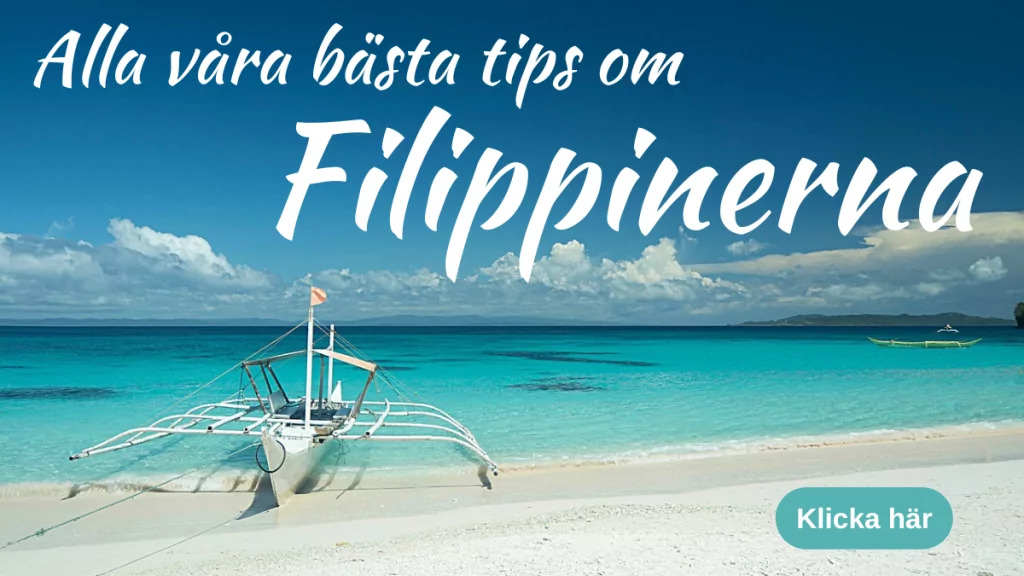


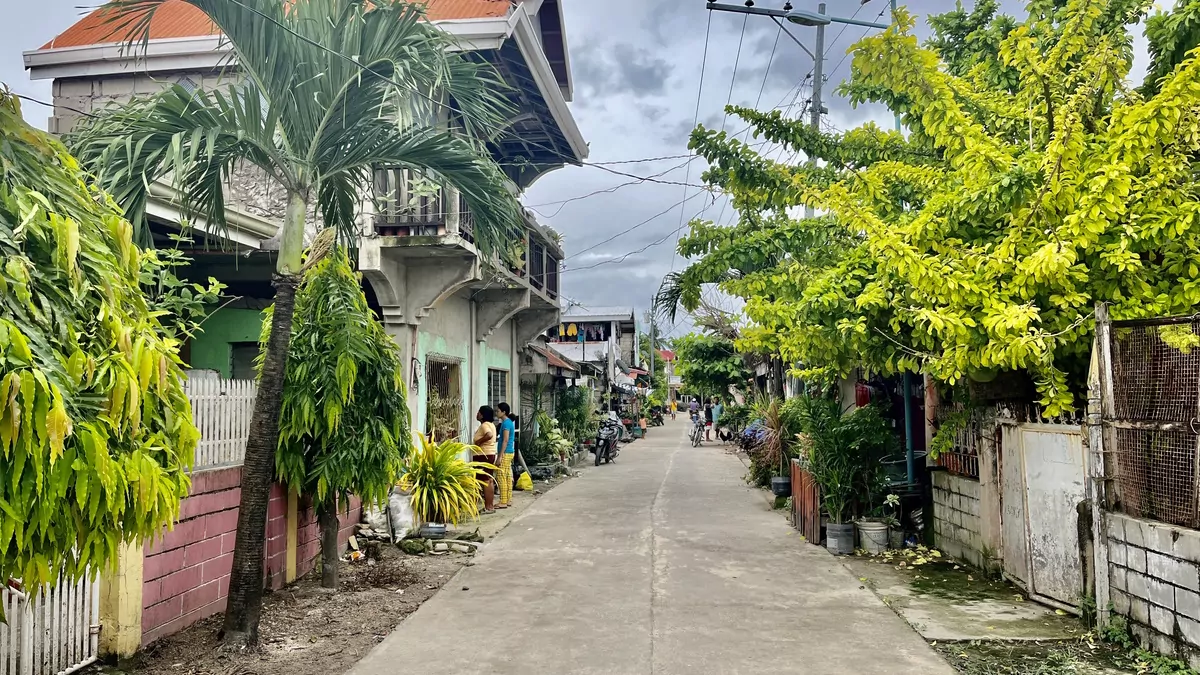






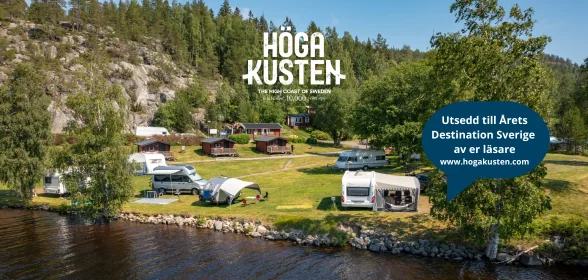


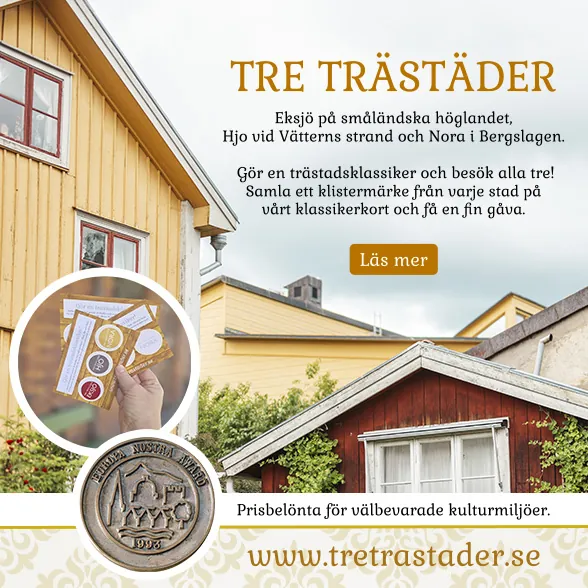
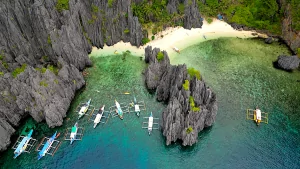
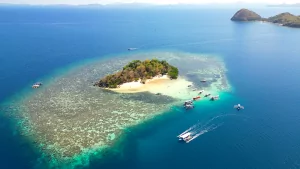
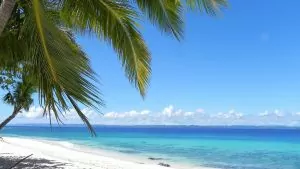
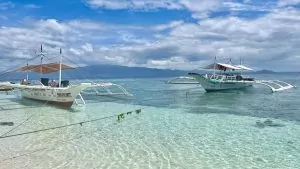
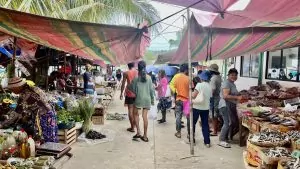
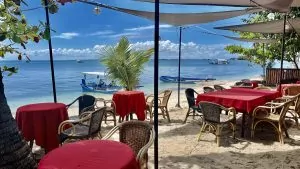
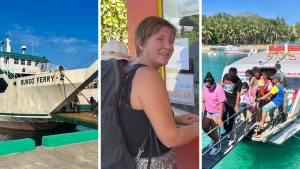
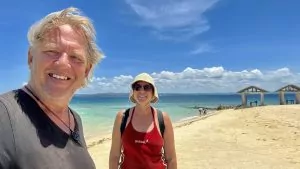
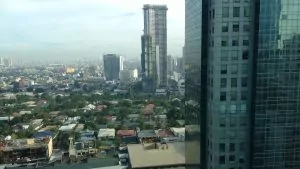
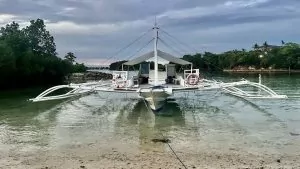
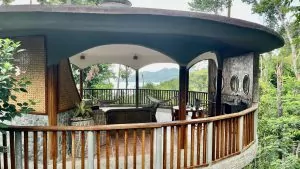
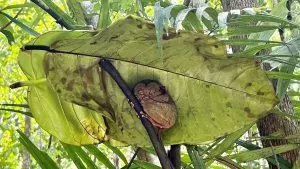
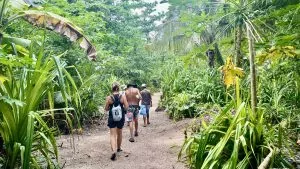
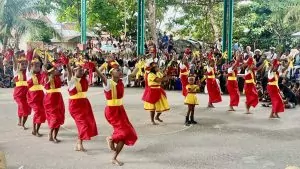
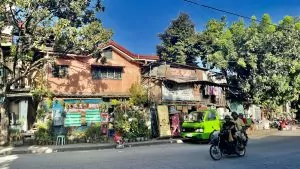
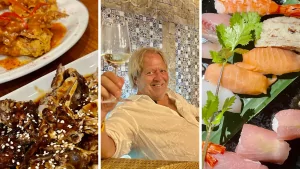
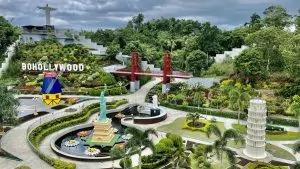
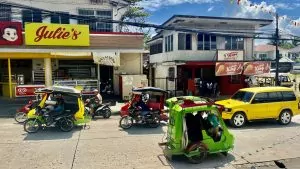
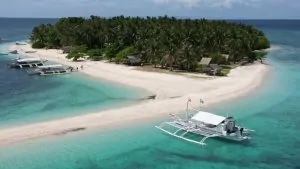
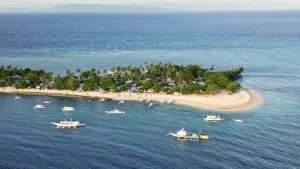
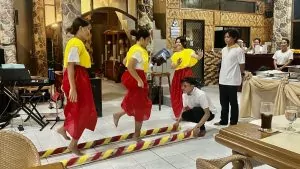
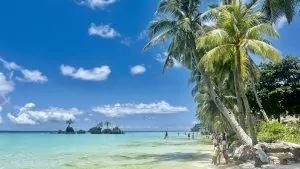
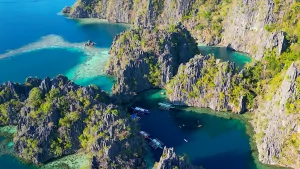
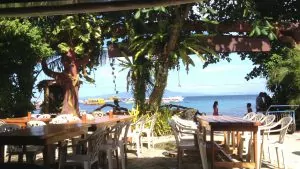
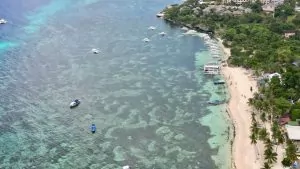
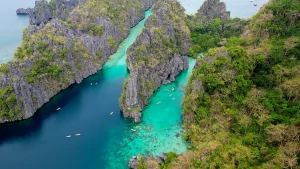
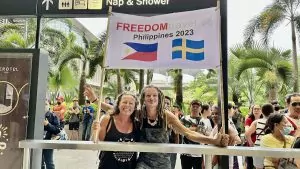
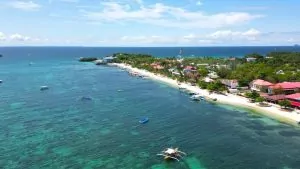
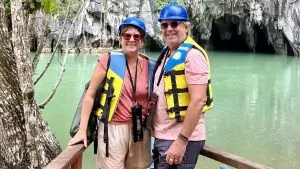
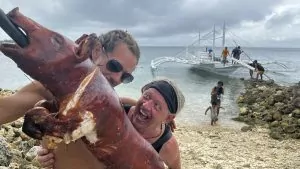
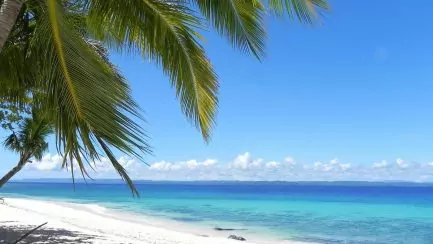
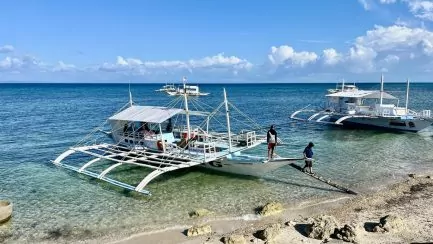
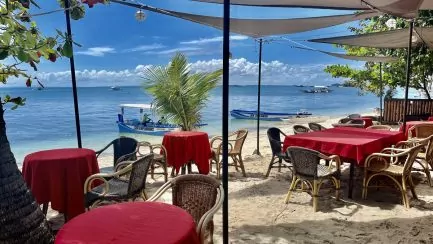
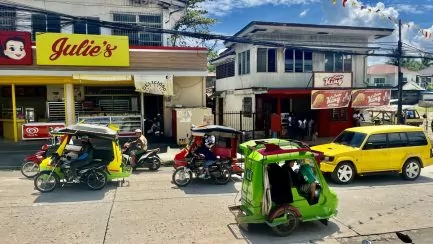
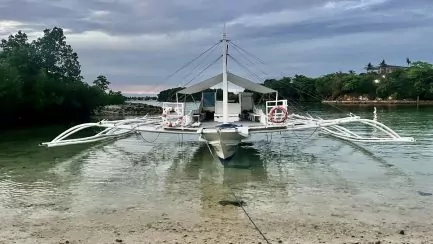
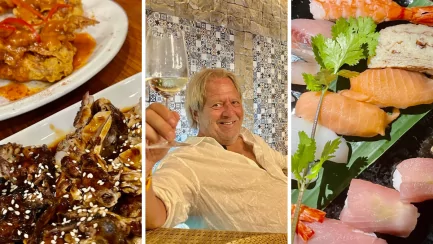



Cathinka says:
I think it's these "little" things that I love about travelling. Actually much more than the big sights. Nice post!
28 February 2023 - 13:24
Helena says:
I totally agree! I can certainly like sights too, but everyday experiences make a much stronger impression. Glad you liked the post!
01 March 2023 - 3:28
Lena - good for the soul says:
Yes, so much fun to compare. What we ourselves may think is obvious and "at the forefront" may in fact be the opposite compared to these types of countries. Interesting with the small bags and piece sales 🙂 .
We made our observations in Tanzania. You might think that the Massairies, for example, are very poor, but their view is 'I have three wives, 15 children and 500 animals. I couldn't be better off". Sort of. And yes, it's true of course, in its own way. 🙂
So much fun to follow your journey!
Hug Lena
28 February 2023 - 13:47
Helena says:
Interesting reflection from Tanzania! Yes, what is "wealth" really and what is important in life? So good to get perspective!
01 March 2023 - 3:30
Only British says:
This is what makes me like Fredrik Härén, who points out lots of things that are better in poorer countries where things are not taken for granted. However, I don't know if a shower is great where you don't have plenty of water and the capacity to purify it. However, it is more pleasant hygiene and even in the Arab world it is common in several countries.
The big pack in the West feels more like it is there to attract people to supermarkets where they then buy more on the fly. Hopeless for single people (of which there are many in Sweden).
28 February 2023 - 15:02
Helena says:
Interesting reflection on the shower! That is also an aspect of course. And it's true that with big packs, you have to be tempted to buy more ...
01 March 2023 - 3:32
Lisa / letsgoexplore says:
Love these observations - and agree with Cathinka above that these insights and reflections are such a big part of the journey. Perspective and just understanding that what you do yourself or what is done "at home" is not necessarily the right way. A small insight that is quite large.
Great post!
28 February 2023 - 16:12
Helena says:
It's good to have perspectives and impressions that make you reflect! So easy to become home blind and take certain things for granted. Glad you liked the post!
01 March 2023 - 3:33
bmlarstravellingblog says:
I certainly agree that it is the experience of local life that leaves the most lasting impression after a long trip; waking up to crowing roosters and grunting pigs in a small village or sharing a meal cooked over an open fire in a hut in the desert....
I have never been to the Philippines but find many of the observations similar to Vietnam in the late 1990s.
Thanks for a great post!
28 February 2023 - 16:55
Helena says:
Glad the post was appreciated! can definitely think that some things are similar in other Asian countries!
01 March 2023 - 3:37
BP says:
The street with all the flowers/shrubs/palm trees is fantastic. I understand that everything is built as it is. As you write, the Philippines is often hit by cyclones, and then it is "unnecessary" to waste money and build "expensive" houses. Guess the buildings in Manila or other big cities don't look like that, but maybe they should...?
The standard of construction is reminiscent of larger areas in Barbados, and the sale by the piece is reminiscent of Bulgaria in the 1980s, where you could also buy toilet paper by the piece....
I don't understand how the shower instead of toilet paper works in practice, so...
Nice to compare our habits and standards with those in the Philippines. You do just as well with less "luxury". And if you have never seen other conditions, you can't compare either...
28 February 2023 - 18:16
Helena says:
It's interesting that you recognise unit sales from Bulgaria! We recognise it from Albania in 2015, when at least medicines were bought by the piece, Toilet paper is probably also bought by the piece here (to the extent that it is bought). When it comes to the houses, it can certainly partly be that you do not want to invest too much, but at the same time, many would probably build in concrete if they could afford it, which can withstand the storms in a completely different way.
01 March 2023 - 3:43
Carin Ager says:
Damn what a lot of delicious things you get to experience and wonderful for us at home to read and enjoy.
Stay well!
Carin
28 February 2023 - 19:50
Helena says:
I am glad that our reports are appreciated! And thank you very much!
01 March 2023 - 3:44
Daniela | Discovering The Planet says:
I mean, those roosters :)))). We changed hotels twice on Boracay to avoid them. But not before first looking for earplugs on the whole island with no luck.
Comparing feels quite natural and is part of travelling for me. To understand how good and simple life really is for us here in the Nordic countries. And still we complain :)).
Excited to follow you.
Hugs
28 February 2023 - 20:17
Helena says:
Yes, the roosters they know how they mad 😉 Surely it is good to get some perspective! Although you can of course complain sometimes, I think you feel better if you can see and be grateful for everything we have that is good!
01 March 2023 - 3:48
Lena+in+Wales+and+Spain says:
So much fun with some everyday reflections. Always fun to compare how people do and think in different countries.
Small portion packs, doesn't sound very environmentally friendly to me.
I think more could be bought individually in the past in Sweden, but I could be wrong.
The climate has a major impact on socialising, so different just between Sweden and Spain, for example.
Shower hose in the toilet, good idea.
Aloe vera helps with many things, fantastically.
Of course, my life in Sweden is affected by living abroad for a long time.
Have a good time!
01 March 2023 - 9:39
Christian Gustaf Muda says:
Fun post! It is often the contrasts with life at home that you remember the most!
02 March 2023 - 22:29